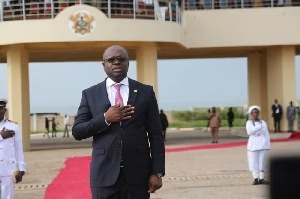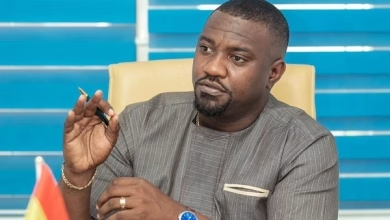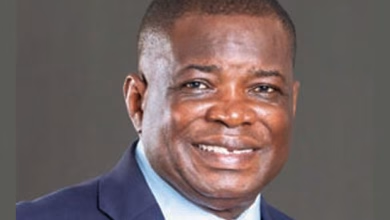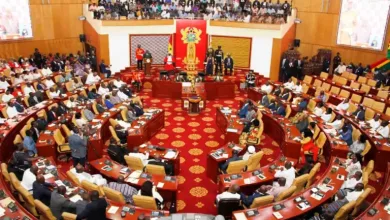PUWU Slams Politicization of State Institutions
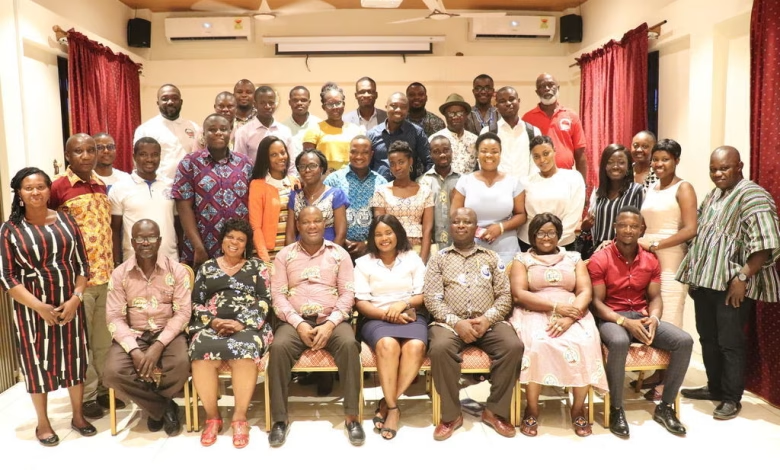
- PUWU condemns political interference in state institutions.
- Union calls for independence from political micro-management.
- Interference hurts workers' progress and opportunities.
- Minister promises improved working conditions.
The Public Utility Workers Union (PUWU) has strongly condemned the pervasive political interference in state institutions, citing its detrimental effects on progress and conducive working environments. At the 13th Delegates Conference of the Union in the Central Region on August 9, General Secretary Micheal Adum Atta Nyantakyi emphasized the need for state institutions to operate independently.
Nyantakyi specifically mentioned the Electricity Company of Ghana (ECG) and other institutions that have been micro-managed by politicians, hindering their optimal performance. He urged politicians to refrain from interfering in the operations of state institutions, allowing them to function efficiently and effectively.
Nyantakyi highlighted the negative impact of political interference on workers, stating that it affects their progress and creates an unfavorable work environment. He also noted that political interference often blocks fair opportunities for workers, despite their contributions to the institution.
The PUWU president cautioned workers against engaging in illegal operations at the workplace, emphasizing the need to address such challenges. Minister of Employment and Labour Relations, Ignatius Baffour Awuah, assured workers of improved working conditions, promising to continuously enhance their working environments.
The conference theme, “Building a resilient union through aggressive organising and active grassroots participation,” underscored the Union’s commitment to strengthening its presence and advocating for workers’ rights. The PUWU’s stance against political interference in state institutions demonstrates its dedication to promoting a conducive work environment and ensuring the optimal performance of state institutions.



